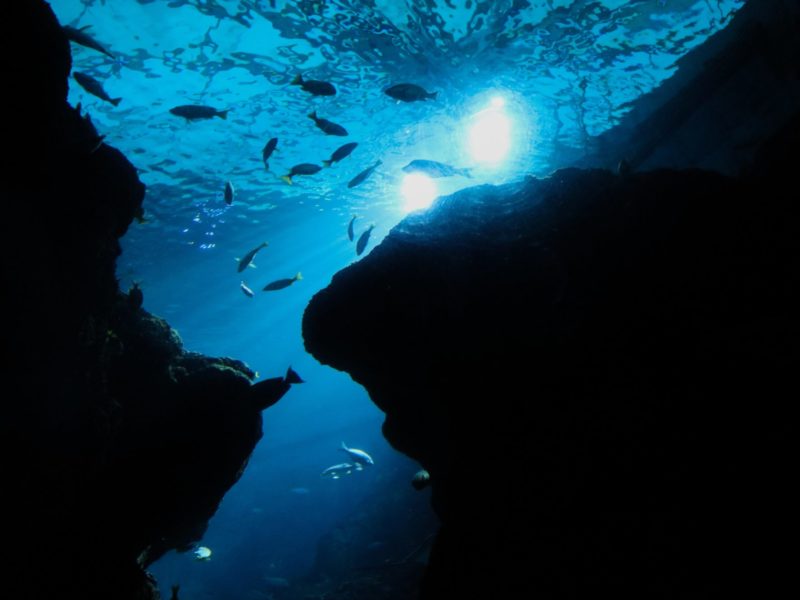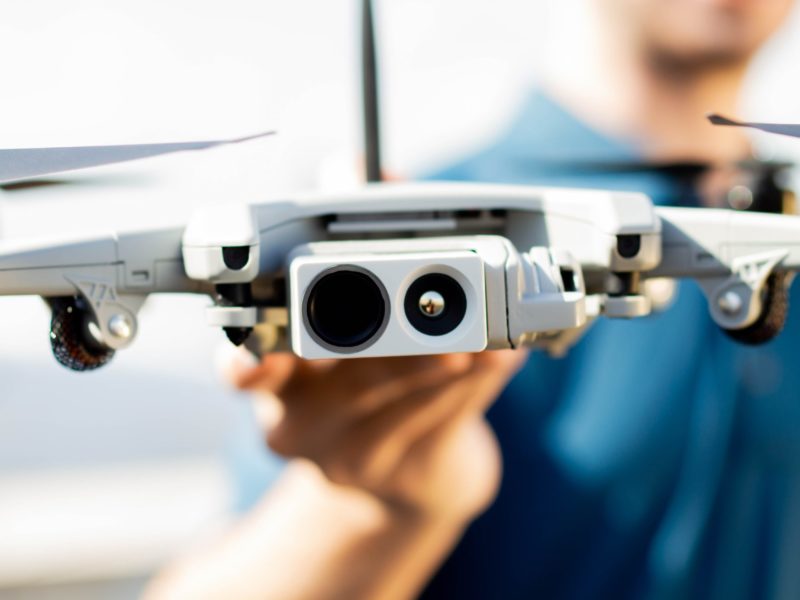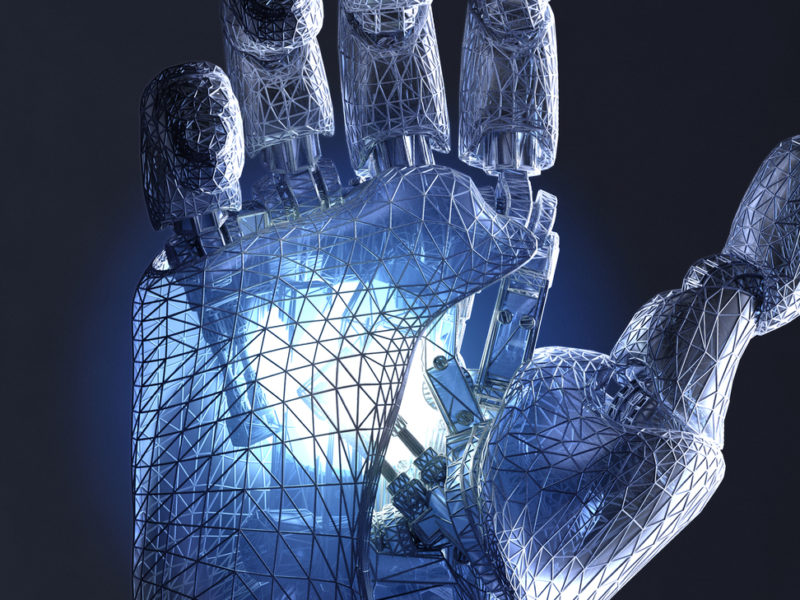VP Joe Biden: Collaboration Necessary to Cure Cancer
Salt Lake City—The future of cancer research depends on research institutions across the country collaborating with each other to trace its sources and find a cure, said Vice President Joe Biden Friday.
Speaking as part of a roundtable on cancer efforts at the Huntsman Cancer Institute, Biden said he felt breaking down information “silos,” meaning each institution keeps its own records but keeps that information within its own system, and sharing information across a common platform would greatly increase the work that was already progressing in the realm of cancer research.
“What this is about is aggregating the intellectual, moral, emotional, scientific capital in this country to be able to do within five years what would otherwise take 10, 15 years to do. I think we can do it, and that means thousands and thousands of lives saved and millions of lives affected, because a cancer diagnosis affects every member of the family,” said Biden, whose son Beau died of cancer last year.
Biden was joined by healthcare professionals, primarily from the Huntsman Cancer Institute, for the discussion. Friday’s stop in Salt Lake City was one of a nationwide tour Biden is taking to cancer research centers around the country as part of Cancer Moonshot, a federal initiative to increase resources for public and private institutions to fight cancer, and to help foster collaboration between them, as well as to encourage the effort across disciplines.
“Too long, researchers and physicians have been trapped in silos—oncologists didn’t work with immunologists, virologists didn’t work with geneticists,” he said. “There is so much that requires more collaboration that indicate that we could and should be working together. … That’s what I mean by inflection point. We’ve never been at this place. We have more of the pieces but we need to put them together.”
While many institutions keep records and gather data about patients, Biden lauded the Utah Population Database for its wealth of genealogy—including accounts of ailments stretching back generations–that encompasses people from all around the world. Records are important for cancer research because the ailment is largely genetic in nature, Biden said. Knowing how a cancer travels generationally, including who it hits and who it misses, can help researchers better understand the properties of the hundreds of types of cancers.
Panelists at the discussion also noted that family medical histories could help those at increased risk to be aware to get screened for those cancers earlier and more often than the general public.
Biden said sharing information and collaborating with other institutions not only benefits cancer research by increasing the resources available to researchers, but also by decreasing the amount of time it would take to reach a cure with more people working on the problem in a coordinated effort.
“Anyone dealing with cancer knows how much time matters. It matters a great deal, so just in the last 5-6 years we’ve seen incredible breakthroughs in science because of the incredible men and women [working on it],” he said. “I want you telling me not only what you’re doing but what we should be doing, how the federal system can get out of the way, how the [Food and Drug Administration] or [National Institute of Health] can help more, how we can do a whole range of things that many of your colleagues have talked to me about.”
In addition to the Utah Population Database, Biden also applauded the state’s penchant for community collaboration and cooperation.
“I think you’ve got the formula,” Biden said. “I am hopeful, because people are essentially starting to sing from the same hymnbook here; everyone’s starting to get on the same page.”





